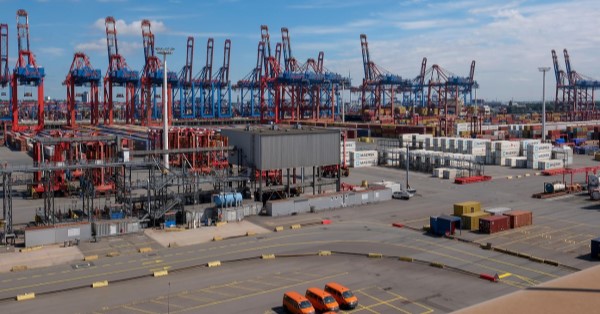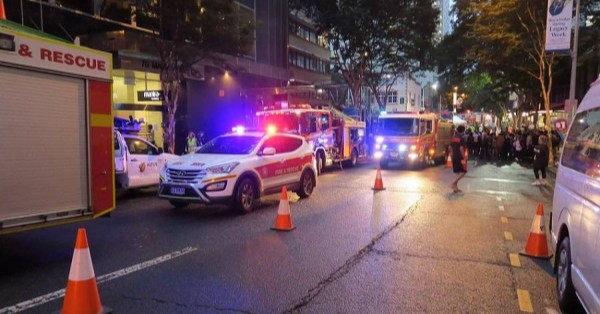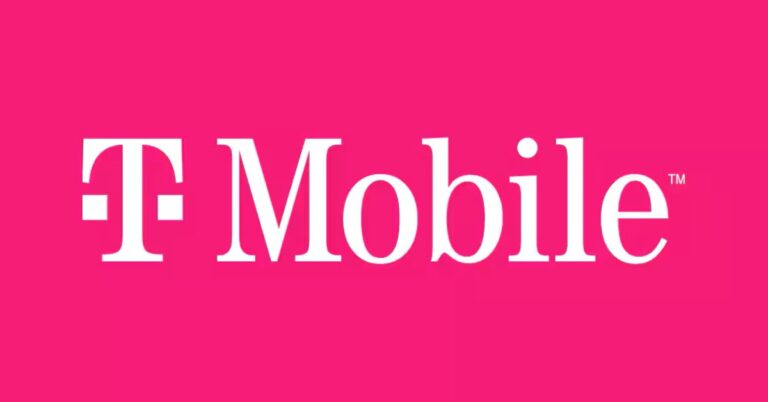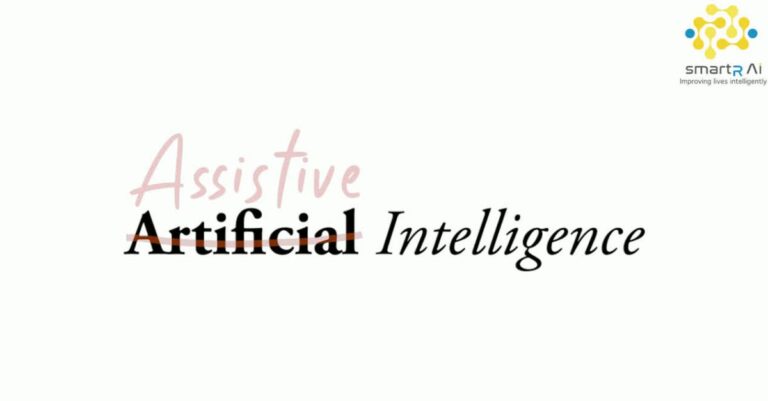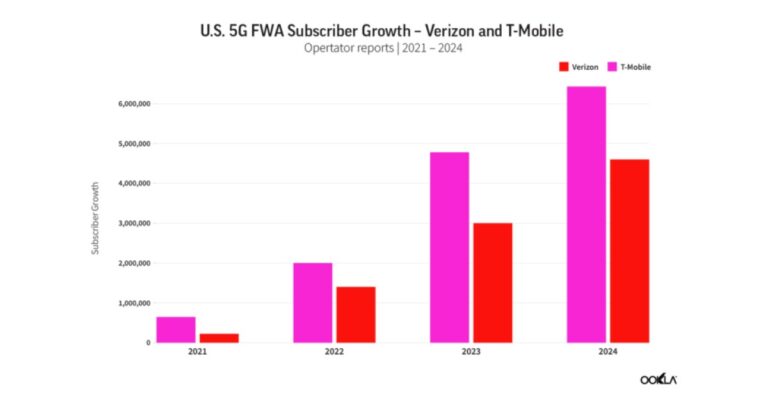Introduction: The Future of Ports Lies in 5G Campus Networks EUROGATE, the beacon of European shipping-independent container terminal operations, is stepping onto a transformative path by harnessing the potential of private 5G technology.
A series of state-of-the-art 5G campus networks will spring to life across the pivotal ports of Hamburg, Bremerhaven, and Wilhelmshaven through a strategic alliance with Deutsche Telekom. These next-gen networks aim to drastically improve mobile coverage within container terminals, thus offering a robust platform for implementing digital logistics applications with enhanced security, versatility, and full-fledged 5G performance.
The Digitalization Blueprint: A Multi-Faceted Approach Leveraging private 5G and 5G campus technologies is no simple endeavor. The overarching aim is to digitize and streamline numerous elements of port logistics:
- Holistic Digital Integration and Advanced Automation: By leveraging their dedicated 5G industrial frequencies, oscillating between 3.7 and 3.8 GHz, EUROGATE visualizes an ecosystem where handling processes are digitized seamlessly, and handling equipment achieves synchronous integration with control systems and process management modules.
- Augmented Control and Superior Networking Paradigms: The unique combination of exclusive bandwidth, unparalleled 5G availability, and a cutting-edge network blueprint offers EUROGATE control over critical data traffic that was previously deemed unattainable. This framework is primed to bolster the robust networking of intricate control and processing systems.
- Optimized Container Handling with AI and Robotics: Modern logistics is on the brink of a revolution, with container handling envisaged to be automated using avant-garde, AI-driven port equipment. This is further complemented by the projected facilitation of container deliveries through autonomous truck fleets.
- IIOT, Big Data, and Digital Twins: In an age where data is the new gold, connecting industrial port handling equipment to expansive cloud ecosystems will unearth a wealth of actionable insights. These will be pivotal in crafting a digital twin of every container terminal, effectively mirroring real-world operations and predicting potential challenges.
German Federal Funding: A Testament to National Priorities Receiving endorsement and substantial backing from the German Federal Ministry of Digital Affairs and Transport, the “Port-As-A-Service” project perfectly aligns with the “Digital Test Fields in Ports” funding directive. This ambitious directive champions creating digital testing arenas in ports to foster tangible innovation in the rapidly evolving domain of Logistics 4.0. With a substantial investment pool of EUR 3.7 million, of which a hefty EUR 2.9 million is procured from the directive’s funding coffers, the entire initiative underscores the nation’s commitment to sculpting the digital destiny of German ports.
Innovative Infrastructure Adaptations: The Dawn of 5G Antenna Carriers In a world where infrastructural expansion often faces environmental and spatial challenges, Telekom’s decision to retrofit existing light poles as 5G antenna carriers is ingenious. This transformative approach ensures pervasive 5G coverage across a sprawling 5.6 million square meters – a colossal area equivalent to 785 soccer fields – all without the environmental and logistical challenges of constructing new masts.
Dual-Slice Campus Network: A Symphony of Public and Private 5G Each terminal will be fortified with a dual-slice campus network. The public slice is primed to cater to many users, from onsite employees to external service providers, suppliers, and customers. In stark contrast, the private slice, operating in the 3.7 to 3.8 GHz bandwidth, will remain an exclusive realm dedicated solely to EUROGATE’s internal data traffic.
Pushing Technical Boundaries: Security and Efficiency in the 5G Era With the pioneering deployment of the “Campus-Netz L” 5G business solution, EUROGATE is poised to experience a harmonious blend of reduced infrastructure expenditure and exponential technical agility. The Control and User Plane Separation (CUPS) offers an optimal solution. It guarantees centralized stewardship by Telekom while ensuring that the sanctity and exclusivity of customer data remain uncompromised, confined strictly to its dedicated campus.
Furthermore, EUROGATE is geared up to exploit the potential of exclusive SIM cards, enabling an uninterrupted data flow for its myriad networked devices. The 5G platform ensures lightning-fast performance, propelling the terminals into an era of seamless operations and data-driven decisions.
Crafting Tomorrow’s Ports Today
Michael Blach, the Chairman of the EUROGATE Group Management Board, articulates the collective aspiration, emphasizing that the seamless integration of Deutsche Telekom’s private 5G Campus networks is the cornerstone for revolutionizing container handling. By testing and implementing 5G-based logistics solutions, the vision is to redefine the very essence of port operations.
Echoing this sentiment, Hagen Rickmann from Telekom Deutschland GmbH visualizes this ambitious undertaking as a monumental leap, harnessing 5 G’s unparalleled prowess to rejuvenate logistics processes and catalyze the relentless march towards the digital evolution of port terminals.



